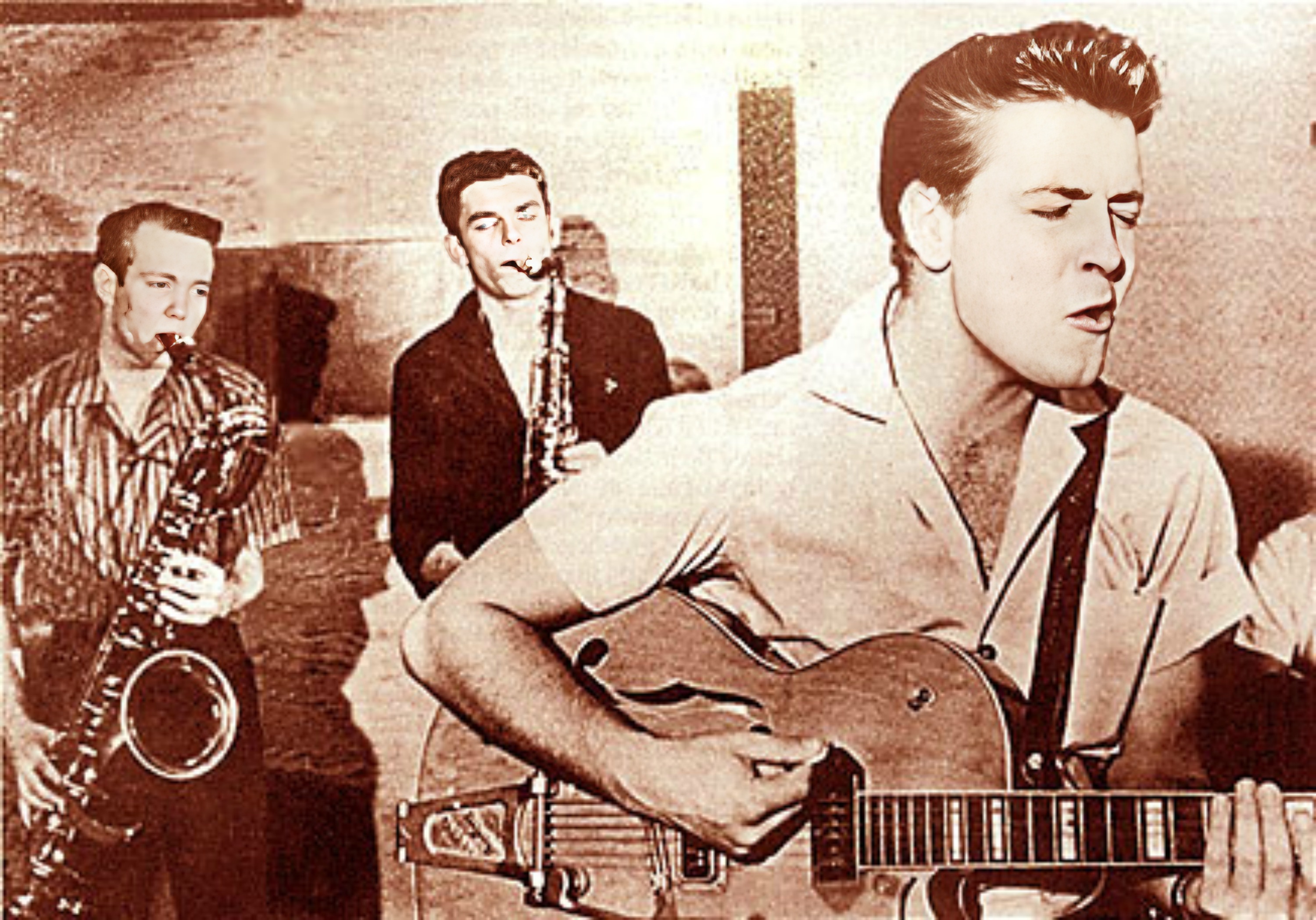
“Summertime Blues,” a quintessential rock and roll anthem, roared onto the scene in 1958 courtesy of Eddie Cochran, a young and electrifying talent poised to become a true icon. Cochran, a rockabilly guitarist and singer-songwriter from Oklahoma, possessed a rebellious spirit and a knack for crafting catchy, energetic tunes that resonated with the burgeoning youth culture of the late 1950s. Though his tragically short life ended in 1960 at the age of 21, Cochran left behind a legacy of rock and roll classics, and “Summertime Blues” stands as his most enduring hit.
The song itself, co-written by Cochran and his manager Jerry Capehart, quickly climbed the Billboard charts, reaching number 8 in the US and even enjoying success in the UK. While it didn’t garner any formal awards at the time, its cultural impact is undeniable. “Summertime Blues” perfectly captures the frustrations and anxieties of teenage life, specifically the feeling of being trapped between the responsibilities imposed by adults and the desire for freedom and fun. The lyrics lament the struggle to earn money for gas, the limitations imposed by parents, and the inability to escape the grind, all wrapped in a deceptively simple and infectious melody.
The song’s raw energy and relatable themes struck a chord with audiences. Teenagers across the country instantly connected with the lyrics’ depiction of summertime angst, finding solace and validation in Cochran’s rebellious spirit. Its driving rhythm and Cochran’s signature vocal style, complete with a speaking interlude acting as an authority figure, cemented its place as a cornerstone of rock and roll. Even today, “Summertime Blues” continues to be celebrated as a timeless expression of youthful rebellion and the enduring power of rock and roll. The song’s influence can be heard in countless artists and genres, solidifying its status as a pivotal moment in music history.